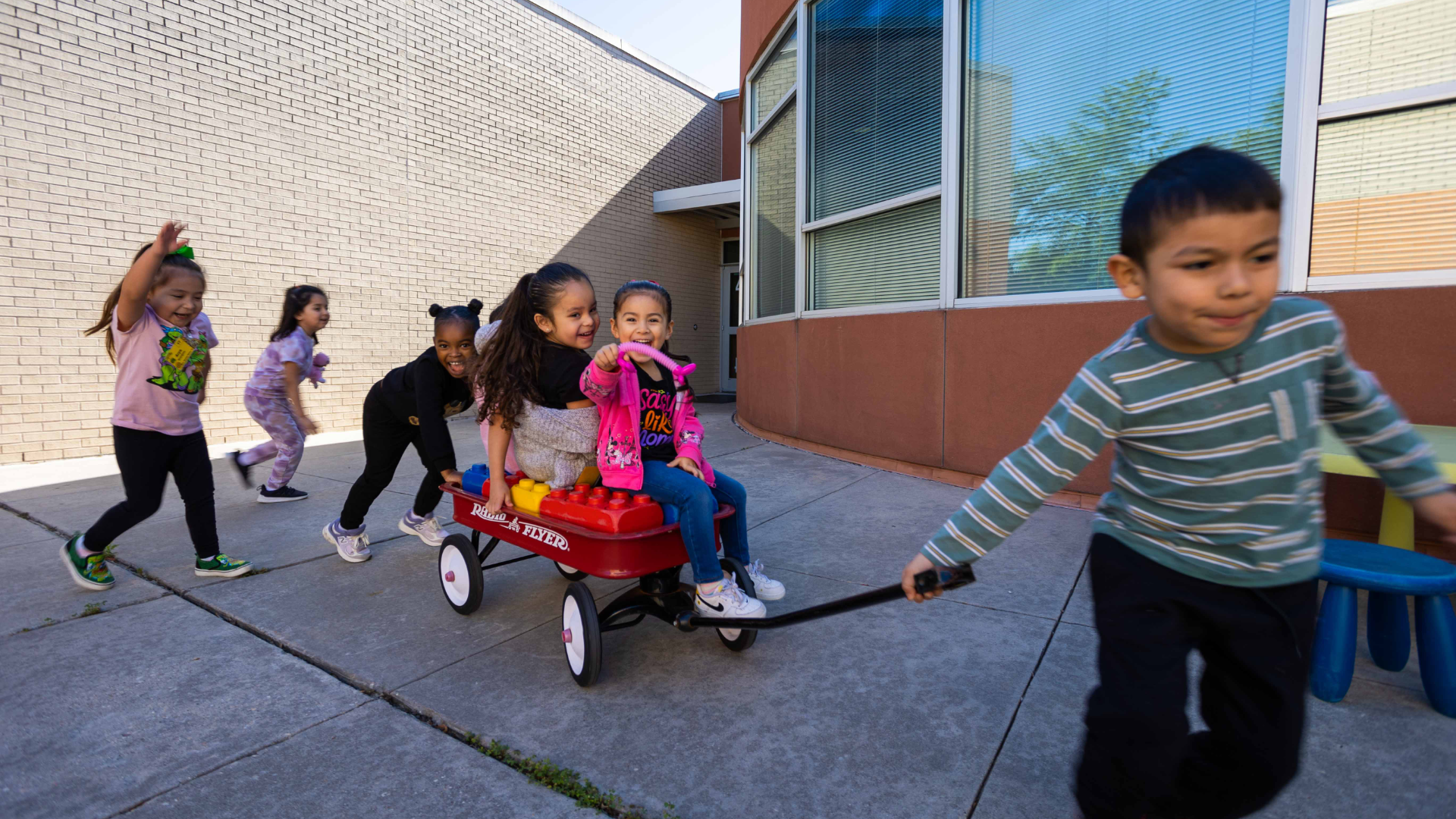
Good Reason Houston
How might we elevate the wisdom within a community to envision a new future for students?

MERON TEKLE
MANAGING DIRECTOR OF INSIGHTS
We spoke with Meron Tekle about her relationship with Houston, what makes the city unique, and how seeing provocative school models inspires her to re-imagine the student experience.
Our work with Good Reason Houston
Good Reason Houston is focused on ensuring every child in Houston excels in a world-class public school. The nonprofit raises awareness, advocates for, and advises school systems on measures aimed at improving education for all. Today, it partners with 25 districts serving 700,000 students across 900 schools in the Houston area.
Along with The Inspiration Project, we’ve partnered with Good Reason Houston since 2020 by offering immersive experiences that help education leaders think differently about what school can be.
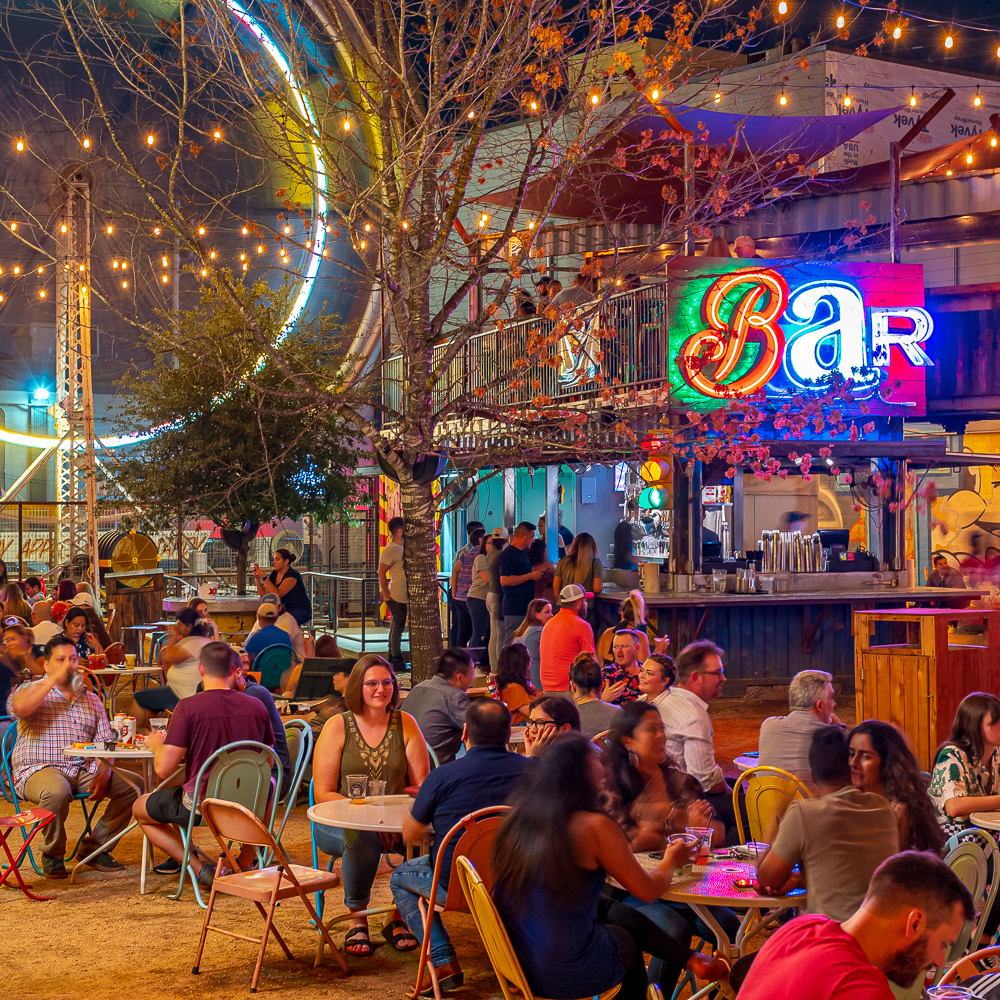
The evolution of H-Town
Houston is rapidly changing, with gentrification rewriting the stories of its neighborhoods. Meron Tekle addresses how these new narratives can overlook the lived experiences of Houston’s long-standing residents. Through her work in Houston’s schools, Meron works to shine a light on the community’s extraordinary strengths.
Imagine you’re immersed in a vibrant, urban setting where you feel the influence of the over 90 countries represented in the city’s core; where the roots of Latin American and Black American history run deep. The food, the music, and the blend of cultures have every neighborhood echoing with its distinct rhythms and vibe. In the fourth largest city in America, you’re sharing the road with horses, trail-riding caravans, and custom cars, locally known as “slabs”. For Houstonians, this blend of city and country is a part of the culture that makes the city unique.
Houston is growing at a pace of over 1,000 new people a week and gentrification is reshaping some of its oldest communities. With the influx of newcomers come new ideas, and change is inevitable — it brings fresh perspectives and new ideas. Yet change also requires care. As Octavia Butler reminds us, 'all that you touch you change. All that you change, changes you.' Often, new residents approach established communities with a mindset of fixing or saving. This brings the focus of our conversations to what’s “wrong” in our classrooms and communities and inevitably creates tension between those who’ve built the current education landscape, locals, and those new to the environment.
Right now, I believe curiosity is key to navigating these tensions. When the community is open to new ideas, and when new residents listen to the community’s lived experiences, we can shape a more accurate narrative of our communities — one that celebrates its bright spots and addresses areas that need support, rather than focusing solely on its imperfections. When we honor our collective strengths, we can grow what’s working and build our confidence that a public education system can, and should, work for all children, and all communities, in Houston.
Bright spots in our own backyard
Meron and Good Reason Houston know there’s so much to be inspired by in Houston’s public schools. In 2024, they launched Houston Schools That Inspire, which celebrates 6 innovative schools that are offering exceptional experiences to students.
Education is a topic that a lot of people feel very passionately about and rightly so — we all want children to thrive. But it frustrates me to hear our sector approach school reform by defaulting to the belief that “the community doesn’t agree because they don't understand, therefore we must educate them.” Too often, many people in education have a deficit-based view of communities where “we are solving their problems.” Even our most well-intentioned school reform efforts struggle to recognize the historical knowledge, expertise, and cultural capital families and community members hold – and cite school data to argue for seeking solutions outside the community. Our actions and use of data should not reduce communities to statistics and numbers, losing sight of the wholeness of a community.
At Good Reason Houston, we recognize that there is much work to do in our public schools and data is just one input we use to drive decisions. We embrace positive change by balancing the statistics and numbers with seeking out and highlighting community-led initiatives taking root within our schools.
We embodied that approach by launching Houston Schools that Inspire. Last year, we honored schools that thrive in 3 specific areas: pre-K, career and technical education, and social-emotional learning. By celebrating schools for their strengths, we’re balancing the dominant narrative of what needs to be improved in our schools so others might learn from these bright spots and ultimately foster a sense of collective courage to improve outcomes for kids across the city.
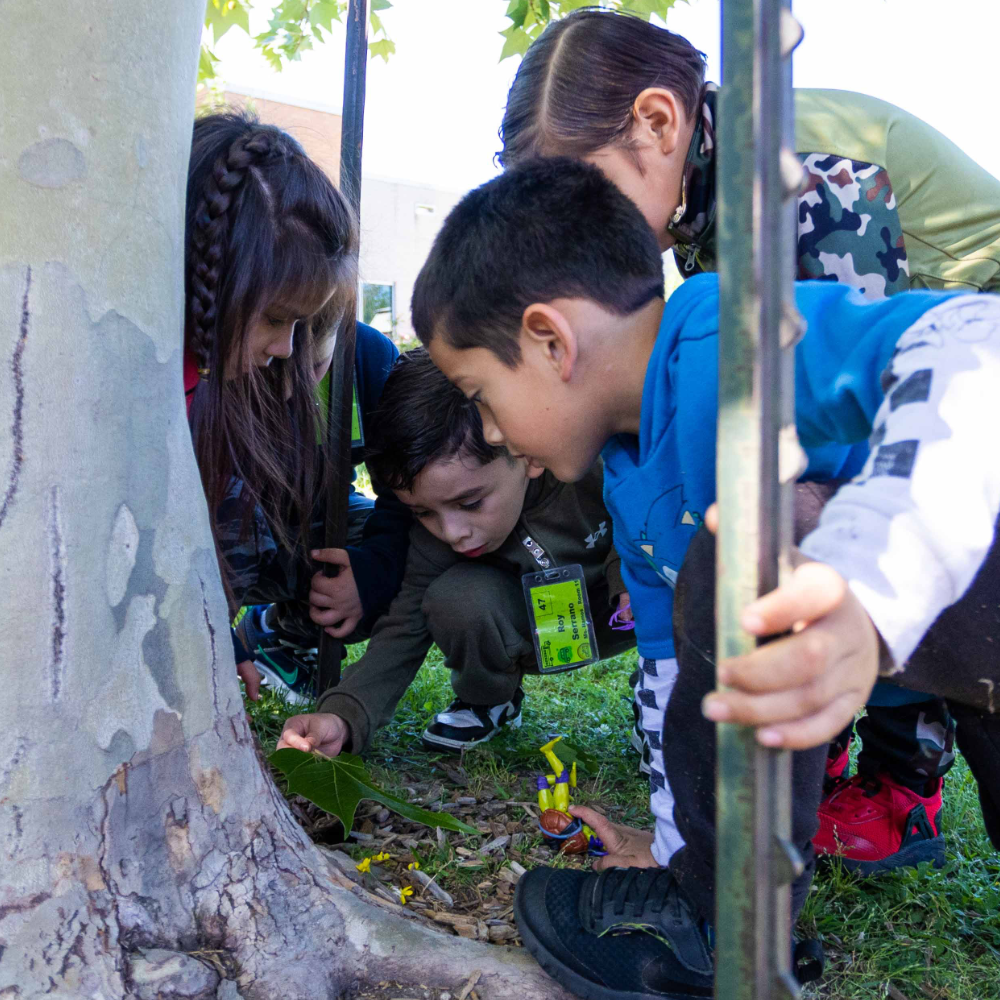
“We’re celebrating schools for their strengths so others might learn from their work and ultimately foster a sense of collective courage within the community to improve outcomes for kids across the city.”
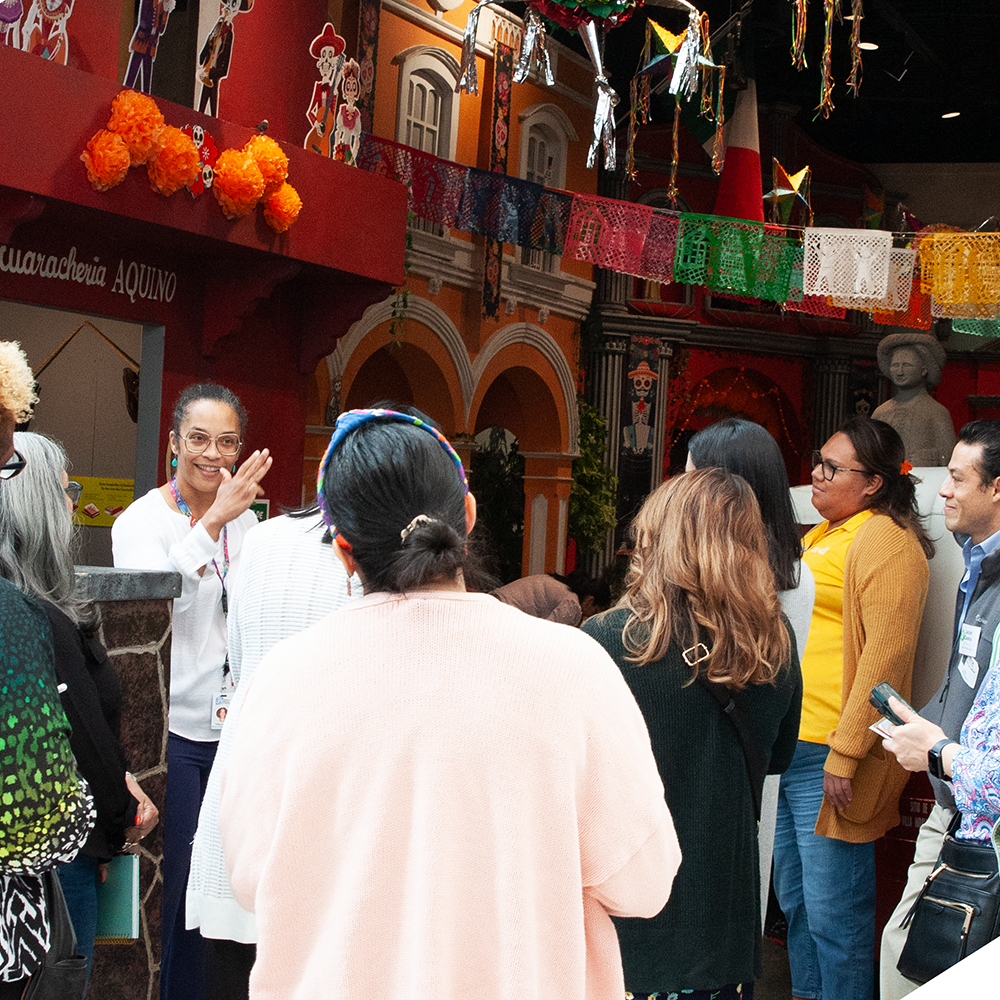
A field trip to imagine what’s possible
In October 2024, we organized an inspiration field trip with Good Reason Houston to visit three excellent pre-k environments. We considered how a child’s earliest learning experiences are critical to building a successful future. At Franklin Street, we believe that experiencing bold, real-world examples of our work is key to reimagining the structures we operate in.
Before meeting Franklin Street, I had conformed to the standard vision of “good education” for students. I followed all the practices aligned with that vision. While this helped me advance my career, I wasn’t feeling excited about work; something didn't feel aligned internally. To be honest with you, my career would look very different if I hadn’t started attending The Inspiration Project’s monthly field trips.
Those field trips began in 2020 and from its earliest phase, Good Reason Houston has enabled me and my colleagues to attend these experiences. The visits exposed me to innovative learning environments that I never believed could exist. We listened and learned from school leaders who were breaking the status quo in their own schools, public spaces, and nonprofits, and I partnered with Franklin Street to make the inspiration visits a regular part of the fellowships I was running. Within these communities, I didn't feel alone and that renewed the sense of purpose I needed to stay in this field. It pushed me to look deeper at my own city and think about where we could find inspiration, learn from it, and do more of it across our city. Being able to thought-partner with the Inspiration Project, join their cohort, and attend their virtual inspiration visits expanded the scope of what I thought possible in the most beautiful way. It was like someone came and blew up my whole paradigm. What I wrote off as “impossible” was now glaringly in my face as very much possible.
Then, in October 2024, we partnered to host a field trip right here in Houston. We took district and non-profit pre-k leaders to a few of the bright spots that were highlighted via Houston Schools That Inspire. We saw students in action and observed what’s unique about their experiences in school and throughout the community. We spoke directly with school leaders, teachers, and community members to understand what makes each school special. And we visited the Children’s Museum Houston to explore what exceptional early learning looks like outside a school. Finally, we discussed the implications of our unique roles in schools and districts across the city and a few key themes emerged.
Several joiners noted how rare it is to visit exceptional schools and nonschools for the express purpose of learning, which was even more impactful with a diverse group of pre-k leaders. One participant said, “the highlight of the experience was the discussions with other participants because… we saw the same examples [yet interpreted them in] completely different ways based on our background, current roles, and understanding of the local context.” They reflected on the fact that it's more common to attend PD where there's a "right answer" at the end. Instead, this experience offered leaders a chance to form their own point of view about what ingredients make for exceptional early childhood experiences. When reflecting on the experience, participants shared that they felt challenged and stretched in their thinking and that the visits opened their eyes to new opportunities for our own schools.
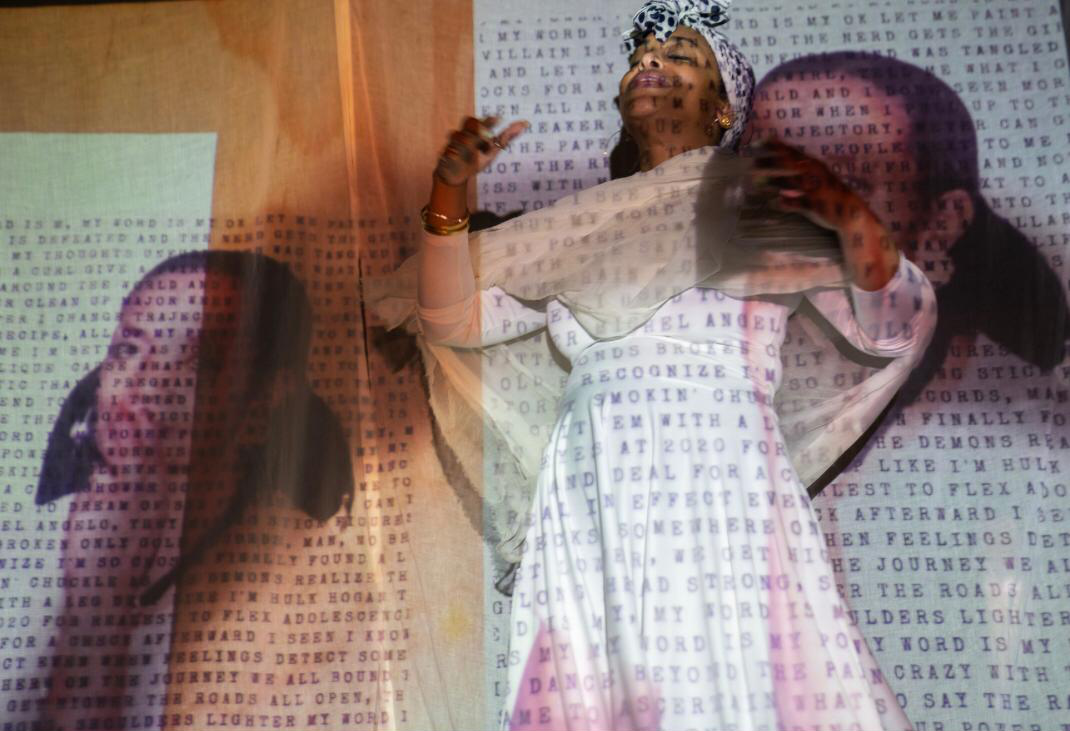
At Franklin Street, we constantly look for inspiration that helps us draw unexpected connections and apply what we’ve learned to our work. We asked Meron to share what she’s been inspired by lately, and here are her recommendations:
Lately, I’ve been really inspired to make my own art. While visiting a mixed-age art classroom at Young Men’s Leadership Academy in Aldine ISD, I watched students painting around a large canvas as Miles Davis played in the background, and it reminded me of the playfulness we often lose as we grow older.
It got me thinking, when did I start seeing art as a “skill” instead of just a natural expression of being human? Now, I’m just finding time to make stuff, no rules. I’m drying flowers to paint, creating pieces from pictures that reflect my community, playing with light and sound, and singing made-up songs throughout my day — all for the joy of it.
Other sparks of inspiration:
Podcast: Soil, Shadow, and Spirit: Skills for Motherhood, Leadership, and Life
Book: “The Undocumented Americans” - Karla Cornejo Villavicencio
Artist: Saj Issa
Get the Newsletter
Kith is a monthly window into how our team thinks about the art of science of learning at work.